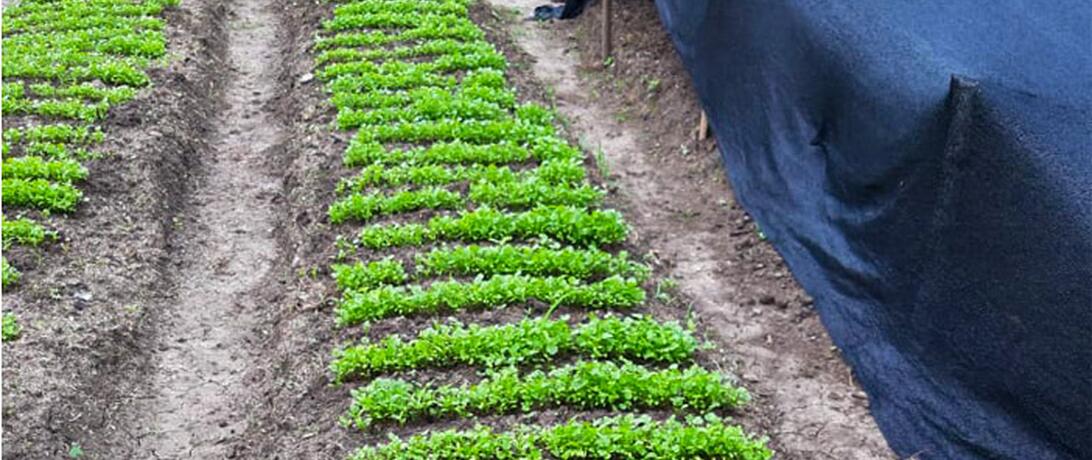
At the Rural Alternative School of Miranda, new projects are being developed that will allow its participants to face the difficult situation generated by the COVID-19 pandemic.
The national quarantine in Colombia, produced by the COVID-19 crisis, has significantly limited mobility, work and trade throughout the country. These limitations have created uncertainty regarding access to food in rural areas. In response to this, PASO Colombia is strengthening the productivity and efficiency of the Rural Alternative School in Miranda , Cauca.
In this time of limited mobility, it is essential to strengthen local networks for agricultural production and commercial distribution. What would guarantee not only the production of food, but its sale at fair prices among the population. For this reason, members of ASPROZONAC, an association of rural farmers who are part of the ERA , offered a 4-hectare lot for planting beans, corn, yucca and pumpkin. Through collaborative work, known as minga, they mowed two hectares of this lot and are waiting for the machinery to prepare the soil.
The project, promoted by PASO Colombia, includes the establishment of a factory for the production of animal feed (as an alternative to the use of industrial concentrates); as well as the establishment of an apiary and the accompaniment for the commercialization of the products.
In addition, the Miranda ERA is expanding its productive projects and its work space. Los Samanes, a neighboring farm in the Campesino Reserve Zone, where ex-combatants from the CEPRODET cooperative as well as rural farmers from the ASPROZONAC association currently work, will function as a second node of the current ERA .
In the Los Samanes node of the ERA de Miranda , productive projects were established for animal husbandry: tilapia fish farming, pig breeding and livestock for milk production. Its commercialization was connected to local sales networks, for which the quarantine restrictions have not stopped the demand and production of the products. However, facing this quarantine has implied changes to continue with the projects and avoid contagion at the same time. This is how 6 ex-combatants settled in Los Samanes to facilitate the care that the animals require and sell the products directly from this farm.
Thanks to the projects carried out, the participants have food crops, garden production, and raised animals, guaranteeing their food security.
The advances seen in the ERA have contributed to strengthening the will for peace of the reincorporated population, even in the face of difficulties in the implementation of the Peace Agreement, the uncertainty about their security and the lack of land to establish long-term projects. . In this regard, Oscar Echeverry, CEPRODET representative, says: “This is total chaos, but in the midst of these circumstances, the process must be defended. With the projects that I am telling you about [animal husbandry and crops for self-consumption in the ERA ], we have a cohesive staff here. It seems to me that it is a good result, that in the midst of the situation we remain convinced that we have not taken the wrong path. That's interesting".
Thus, the Mirada ERA as a collaborative platform has not only contributed to building peace and reconciliation through agricultural enterprises, but also contributes to meeting the challenges posed by the COVID-19 pandemic by strengthening food security in its area of influence.
Article Details
Published
Topic
Program
Content Type
News